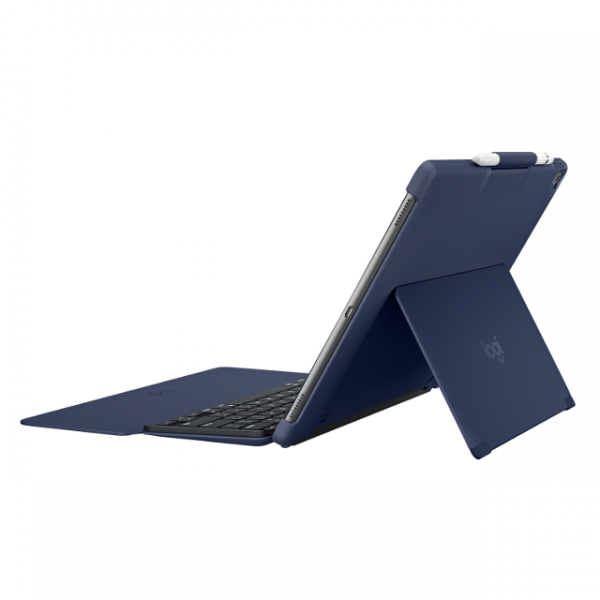
Logitech releases Slim Combo keyboard case for new 10.5-inch and 12.9-inch Apple iPad Pro
Ever since the first iPad was released back in 2010, people have dreamed about replacing their laptop with the tablet. The big draw, of course, was not having to carry a heavy and bulky notebook. At the time, many such portable computers were quite thick and heavy, making them a chore to lug around. Even though there are much thinner and lighter notebooks nowadays, the dream of replacing them with an iPad remains; even more since the release of iPad Pro.
Earlier today, Apple announced new 10.5-inch and 12.9-inch Apple iPad Pro tablets. While the company makes its own keyboard case for these slates, that hasn't stopped third-party companies from making arguably superior offerings. Today, Logitech unveils its latest such keyboard cases for the newest iPad Pro models. Called "Slim Combo," it will protect your iPad Pro while also making it a powerful laptop -- it even has a place to hold the Apple Pencil. The keyboard is removable, so you can use the iPad as a traditional tablet without removing the tablet from the case. It even draws its power from the Smart Connector, meaning no need for batteries!
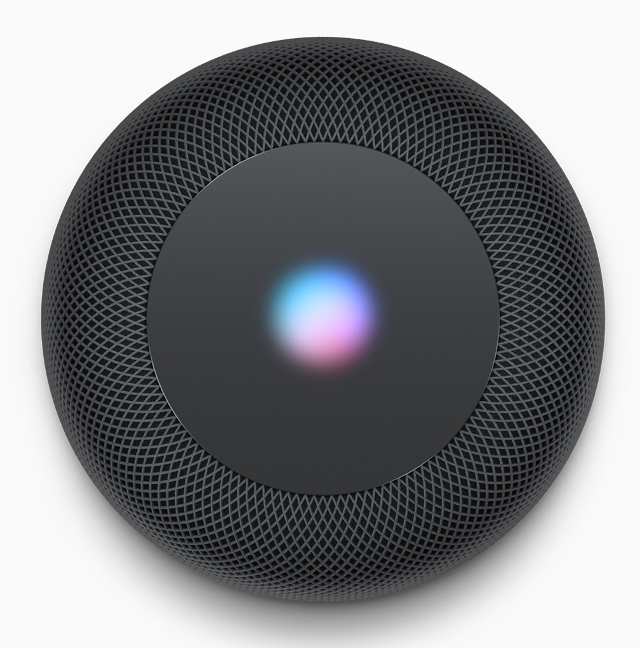
WWDC 2017: Apple HomePod is a $350 Siri-powered speaker system that you can't buy
When Amazon released the Echo hardware and Alexa voice assistant, no one knew for sure how successful it would be. Since the release, however, it has proven wildly popular -- not only with users, but with developers and hardware-makers too. There are many devices that work with Alexa, not to mention, countless skills.
Following Echo being a runaway success, Google copied it with its Home assistant. Curiously absent in this copying, however, was Apple. Since the company already has a voice assistant with Siri, it seemed like creating a hardware speaker would be a no-brainer. Sadly, one did not surface -- until now. Today, Apple announces the product for which many people were clamoring -- HomePod. Unfortunately for the company, the product will be a tough sell.
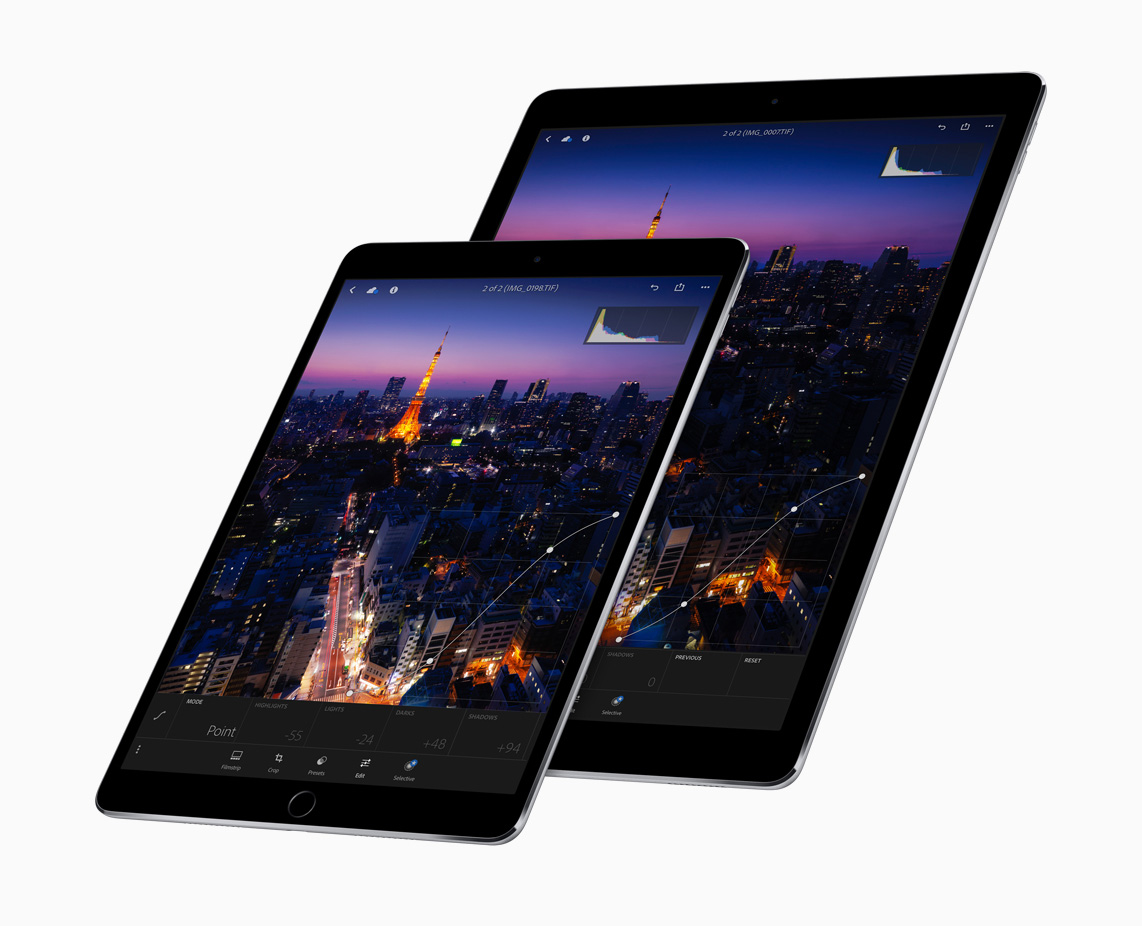
WWDC 2017: Apple's updated iPad Pro comes in 10.5in and 12.9in models and is more powerful than your PC
Apple’s Worldwide Developer Conference is traditionally about software, but that certainly isn’t the case this year as the tech giant has refreshed its Mac line, and introduced a new HomePod speaker.
Apple today also introduces all-new 10.5-inch and 12.9-inch iPad Pros powered by a new A10X Fusion chip that Apple says "delivers incredible performance that rivals today’s fastest PC laptops" -- a clear dig at Microsoft.
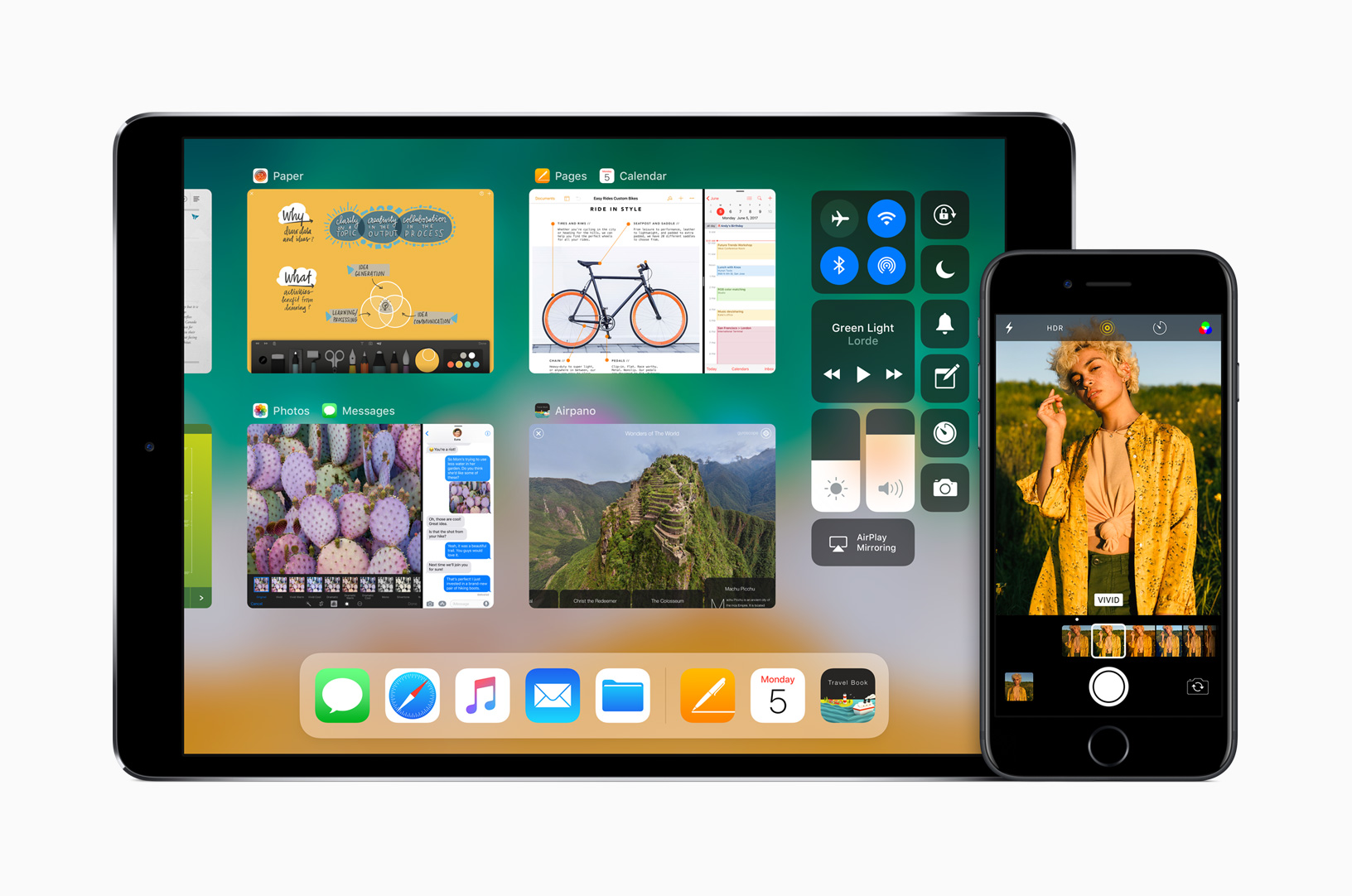
WWDC 2017: iOS 11 -- here's everything that's new
At WWDC 2017, Apple has lifted the wraps of the next version of its mobile operating system. iOS 11 introduces a lot of new features, including improvements to Siri, Apple Photos, Apple Maps, and Apple Pay, a redesigned Control Center, a new Augmented Reality feature, and more.
With Siri, Apple is introducing improved voices that sound more natural, and the digital assistant will be able to perform language translations. English, Chinese, French, German, Italian, and Spanish will all be supported. Siri will also be able to make suggestions of things that might be of interest to you -- such a news article -- via a new on-device "Intelligence" feature.
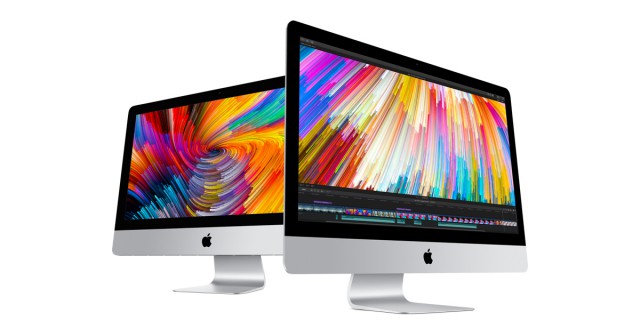
WWDC 2017: Apple unveils macOS High Sierra -- here's what's new
It's WWDC 2017 and if there is one thing that you can count on is Apple showing off the new versions of its main operating systems. So, today, we catch a glimpse of macOS High Sierra, which is shaping up to be a pretty impressive upgrade over its predecessor, macOS Sierra.
There are a couple of notable new features in macOS High Sierra, namely the introduction of Apple File System, VR support, a better browsing experience in Safari, faster graphics, and improved video support.
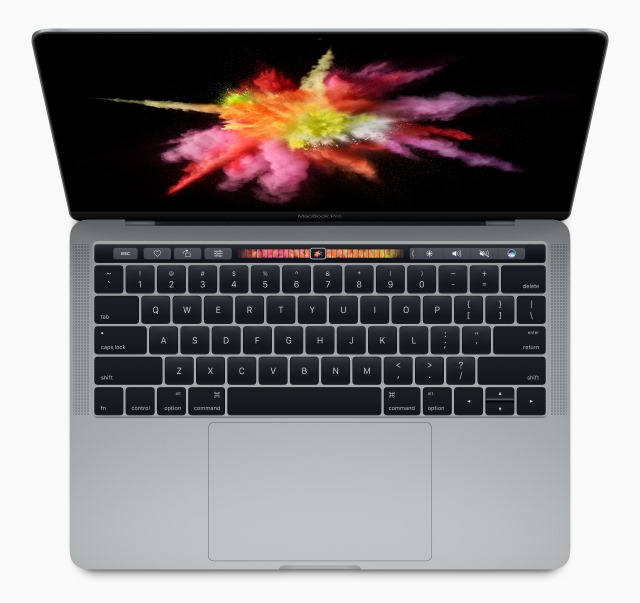
WWDC 2017: Apple refreshes iMac, MacBook, and MacBook Pro with Intel Kaby Lake
When Apple unveiled the newest MacBook Pro laptops in October of 2016, some people were upset that they didn't come with 7th-generation Intel Kaby Lake processors. Instead, the company opted for the 6th-gen chips. One big issue with this is that the memory was limited to DDR3 rather than the newest DDR4. Despite these shortcomings, the machines sold well -- they were hard to come by for quite some time after launch.
Today, Apple finally refreshes the MacBook Pro machines with the latest such Intel processors. But that is not all. In addition to the Pro laptop, the company is delivering Kaby Lake to the newest MacBook (non-pro) and iMac computers too. Surprisingly, the MacBook Air gets a little speed bump to 1.8GHz.
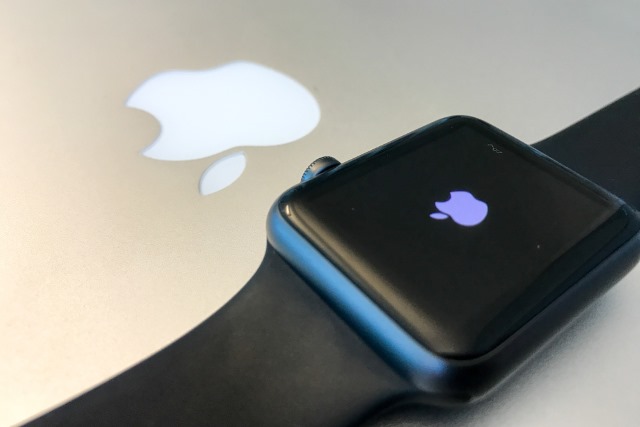
WWDC 2017: Apple watchOS 4 brings Siri -- and Toy Story -- to watch faces
At WWDC today Apple announced not only High Sierra, but also watchOS 4. One of the biggest updates -- or at least the most visible -- here are to be found on watch faces. As well as being customizable, faces can now dynamically change based on various criteria, such as location and time of day.
Apple is also bring kaleidoscopic faces to the Watch -- something it describes as "trippy." But perhaps the most exciting update is the fact that Siri can now be used on Apple Watch.
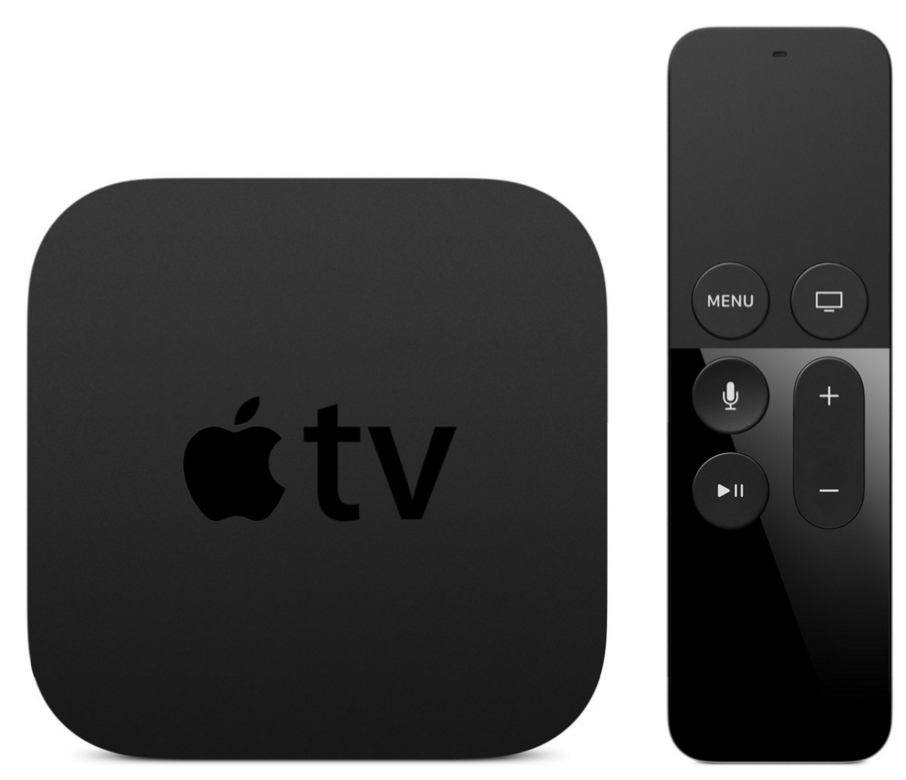
WWDC 2017: Amazon Prime is coming to Apple TV
It's WWDC 2017 and, for the first time, Tim Cook has revealed the precise number of announcements we can expect from the keynote: six. The first of them is the news that Amazon is coming to Apple TV.
Apple isn't saying exactly when this is happening, but Apple TV is finally going to benefit from Amazon Prime TV. The two companies have traditionally been rivals, but have now managed to become friendly enough to join force.
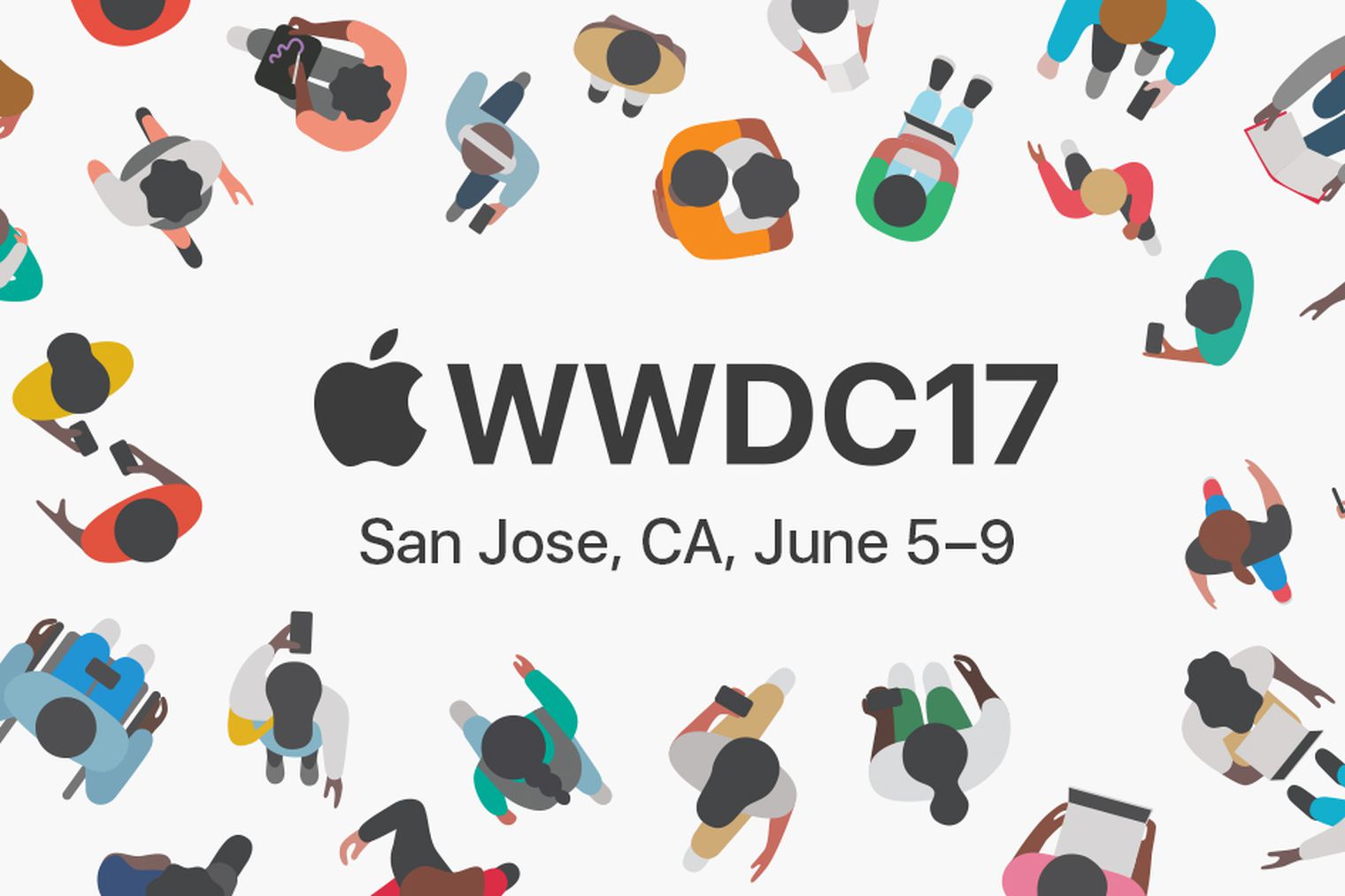
How to watch Apple's WWDC 2017 keynote live on any device including Windows, Linux and Android
Apple's Worldwide Developer Conference kicks off today, Monday 5 June, in San Jose, with the big keynote speech scheduled for 10am PDT/1pm EST/6pm BST. As always it will be streamed live so you can tune in at home or (maybe) work.
As WWDC is for software developers, Apple doesn’t usually reveal major new hardware, but we are expecting to see a "Siri" speaker announced, and maybe some new MacBooks. We're also anticipating information on iOS 11, which probably won't run on 32-bit hardware, and updates to macOS, watchOS and tvOS. There are likely to be some interesting surprises too.
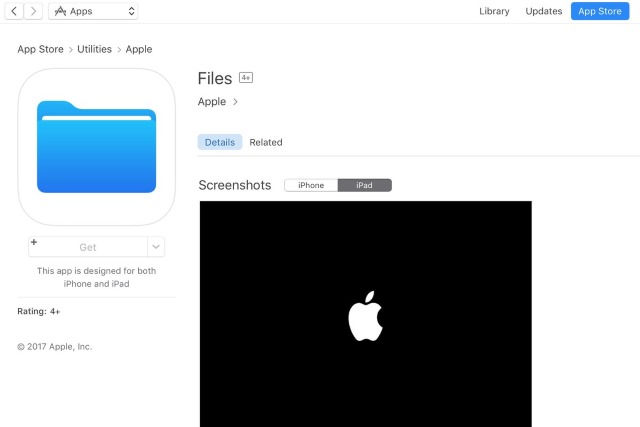
Is Apple about to release a file manager for iOS at WWDC?
It's Apple's Worldwide Developer Conference (WWDC) this week, and while we are very unlikely to hear anything about the iPhone 8, there's sure to be plenty of news to come. However, ahead of the start of the conference, it seems that Apple has accidentally let slip its iOS file manager.
A new, largely blank entry in the App Store was spotted by a developer. It shows a new app called, imaginatively enough, Files. The icon is Apple-y in style, would be appropriate for a file manager app, and the listing indicates that iOS 11 and up is needed.
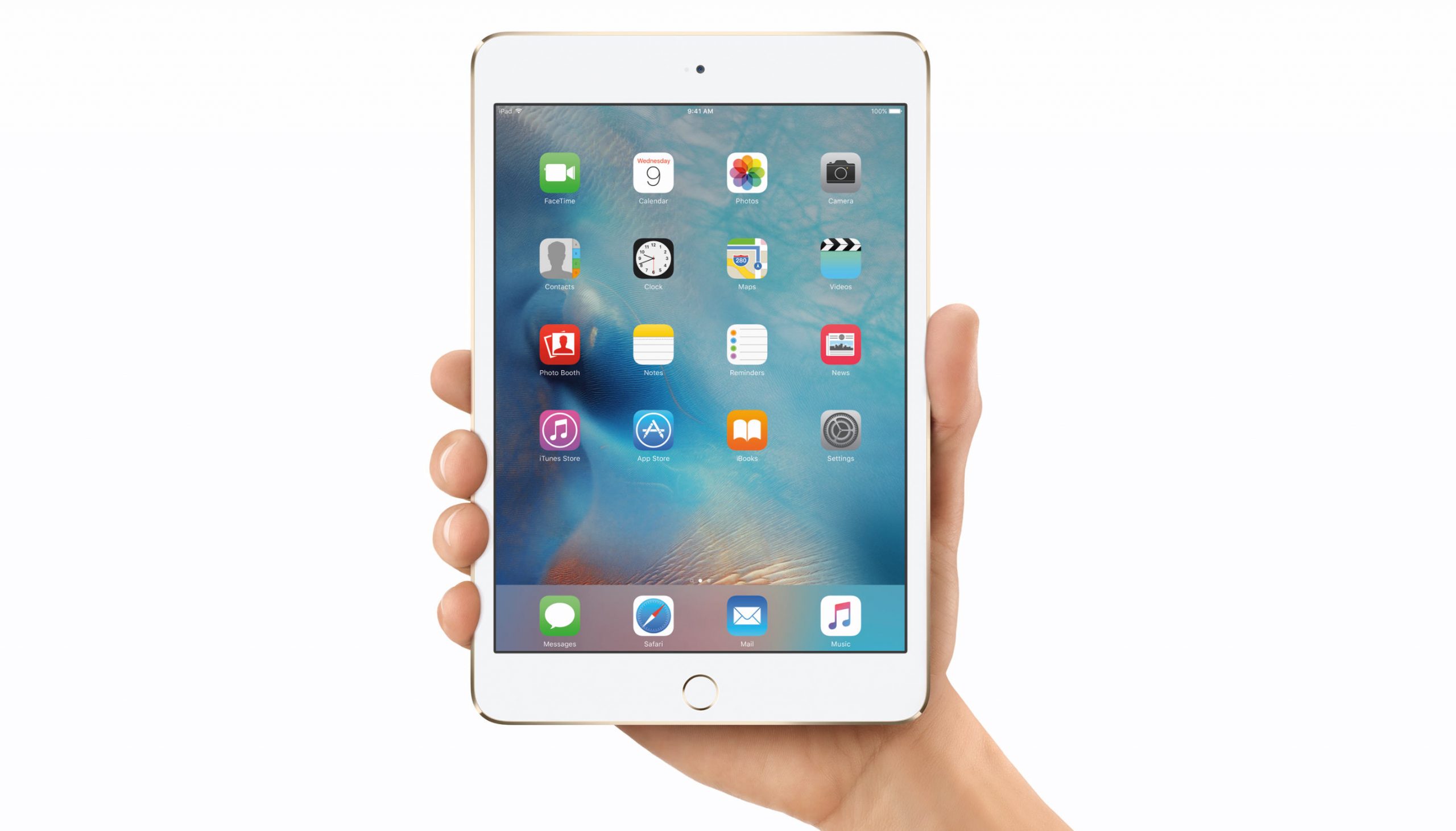
Is it the end of the line for the iPad mini?
Apple’s Worldwide Developer Conference starts on Monday, and while it’s traditionally been a software show, there have been rumours we’ll see some exciting new hardware this year too.
What we probably won’t see however, is a new iPad mini. The product hasn’t been refreshed in a while, and according to insider reports, the smaller iPad’s days could well be numbered.
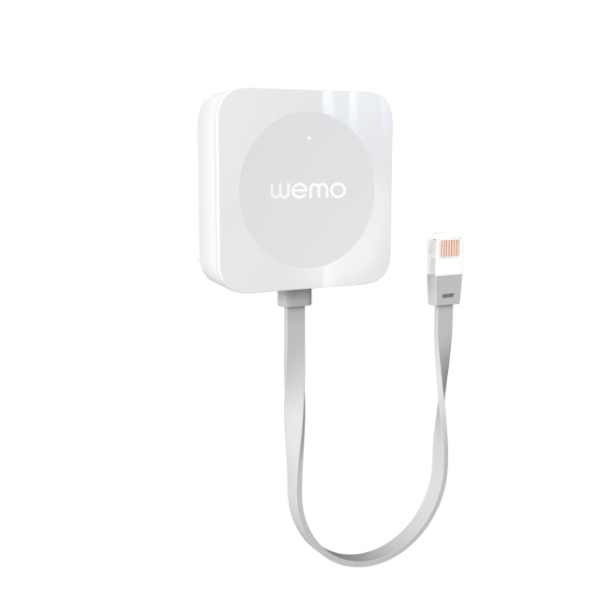
Belkin Wemo smart home devices will soon be compatible with Apple HomeKit and Siri
Belkin's Wemo smart home devices are absolutely brilliant. Not only does the company offer power outlet and light switch adapters, but it recently introduced a dimmer switch too. The Wemo products are also compatible with both Amazon Alexa and Google Home, making them easy to control by voice.
Unfortunately, Wemo devices are not compatible with Apple HomeKit or Siri. There is good news, however -- Belkin is adding support. Starting this fall, consumers can buy a new product called "Wemo Bridge," which will enable HomeKit support for existing Wemo devices. It simply plugs into an Ethernet port on your router, thereby enabling support for Apple's smart home platform.

Apple and Nokia end all litigation as they sign patent license and business cooperation agreement
Apple is dropping its lawsuit against Nokia. The iPhone manufacturer and the Finnish company reached an agreement to not only bring the intellectual property dispute to an end, but also to start a multi-year patent license.
Described as a "meaningful agreement", details of the new arrangement are confidential, at least for the time being, but Apple does shed a little light on what's going to be happening moving forward. Apple will receive network infrastructure product and services from Nokia, and the company will also resume carrying the Withings health products Nokia bought.
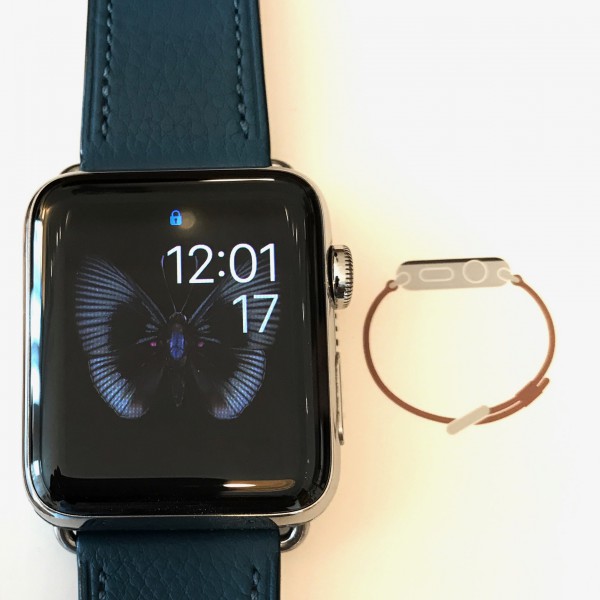
I am slave to Apple Watch no more
I suffer from phantom smartwatch syndrome -- an ailment that hopefully will disappear over time. Nearly four weeks ago, I put aside Apple Watch 2 stainless steel and replaced it with the simple but appealing ManchesterWatchWorks Iconik 3. Problem: Almost any shifting movement of the timepiece causes me to reflexively flip my wrist and look down; there is false perception of haptic sensation. Apple has trained me well, and I'm tired of being its dog doing tricks. Woof. Woof. Growl.
I feel free! Gone are the nagging alerts -- and I had them barreled down to a minimum of approved services: Some for breaking news; emails from a half-dozen people; and text messages. Among this still seeming torrent, the Activity app annoyed with congratulatory badges and prompts that one of the four main exercise goals (Calories, Exercise Time, Stands, and Steps) -- Apple's athletic lifestyle version of the four food groups -- would soon be achieved. The badges are about as infantile as gold stars that teachers give kindergarteners and with similar purpose: To make the recipient feel good, whether or not deserved. The achievement badge for Earth Day flipped my goat. Seriously? I ordered the Iconik 3 that evening.
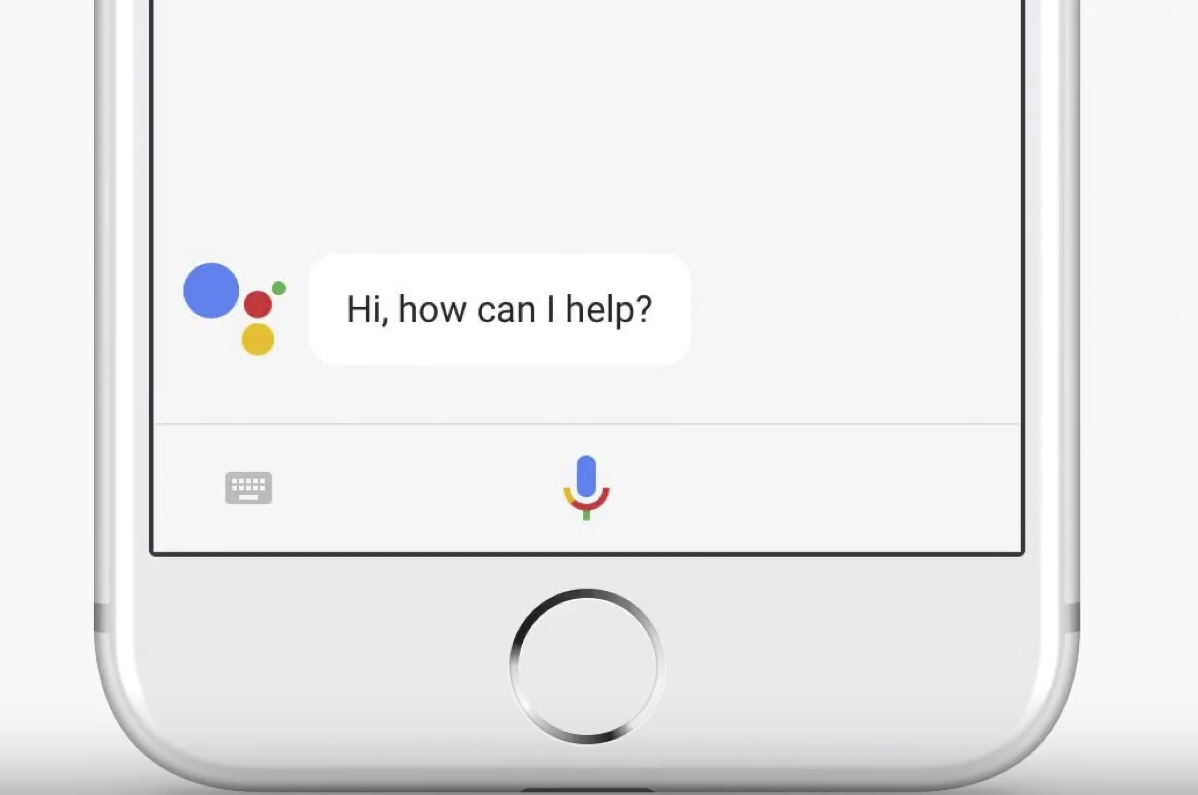
Siri gets competition as Google Assistant heads to the Apple iPhone
Yes, the rumors were true (as they so often are when it comes to Google) -- the search giant announced at its I/O developer conference today that its personal assistant is coming to the iPhone.
As you might expect (and as is the case with Microsoft’s Cortana), you won’t be able to replace Siri with Google Assistant, instead you’ll need to summon it through a dedicated app. That’s not the only downside.
